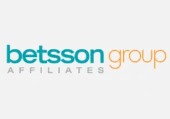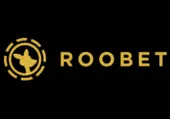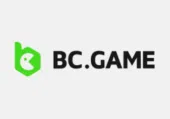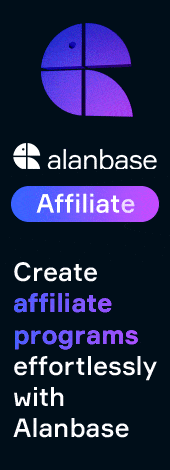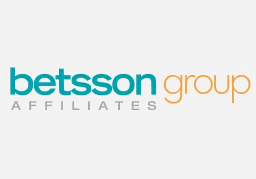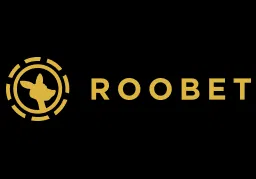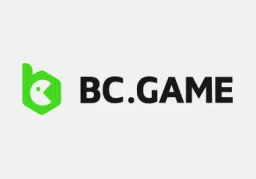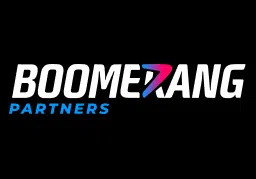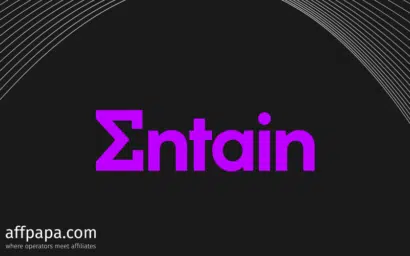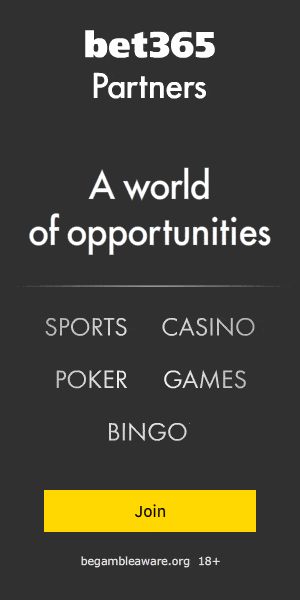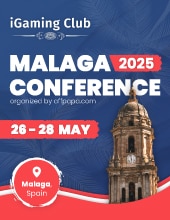Germany’s GGL conducts market study on gambling advertising
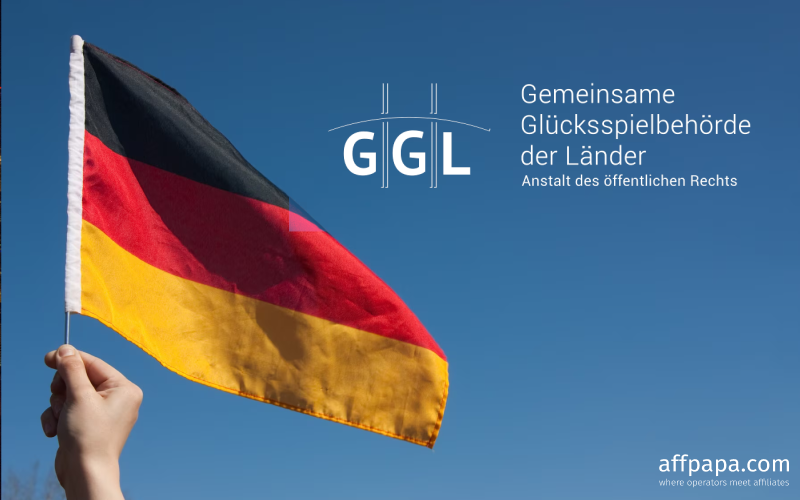
A thorough market evaluation by the gambling regulator Glücksspielbehörde (GGL) in Germany is being conducted and expected to be completed until 2026.
The main focus is on the role the regulated market plays in the society with a close look at advertising effects.
In 2021, Germany’s Fourth Interstate Treaty on Gambling established an online gambling regulatory system. Since the GGL become fully active at the beginning of the year, its goal has been to assess whether the laws are working as intended and whether advertising is successfully directing players to regulated offers while avoiding the need to provide incentives to those who might not have otherwise been interested in gambling.
The goal of an in-depth study being conducted by the media research organization Eye Square throughout Germany’s sixteen states is to determine whether promotions and bonuses, TV commercials, and social media posts have an impact on vulnerable populations. The intention is to provide guidance for the development of a new federal gambling advertising code. Subcontractors have been hired to conduct an empirical study and impact analysis, as well as a systematic literature review and commercial content analysis.
In the meantime, an independent panel featuring Dr Markus Heinker, president of the Media Council of the Saxon State Media Authority, and Christian Krebs, director of the Lower Saxony State Media Authority, will be analyzing the “entire scope of the scientific discourse”.
The GGL said:
“It is expected that the study will provide information on the extent to which the provisions of GlüStV 2021 are suitable or can be improved to direct players and those determined to gamble to the advertised legal gambling offer, without having a critical incentive effect on persons who have not yet been interested in gambling and/or vulnerable.
The GGL will exchange close information with the federal states on the partial reports and further assessments of the panel of experts.”

